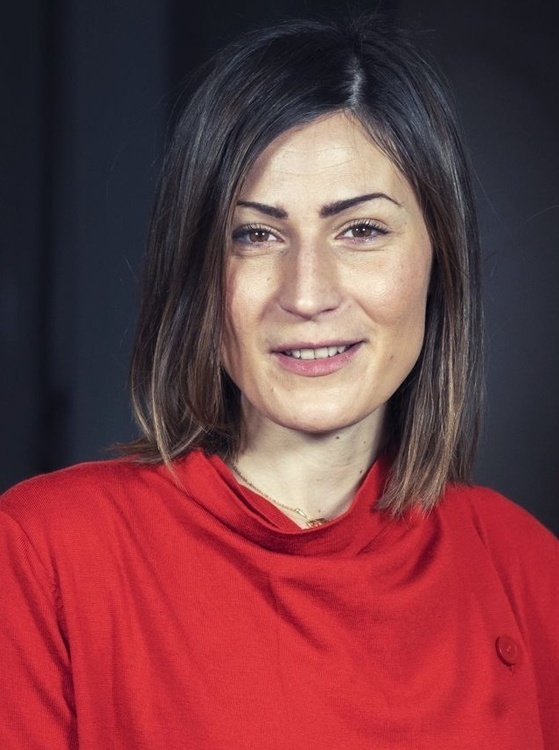
SCSB Colloquium Series: Relation perception and the social function of vision
Description
Date: Wednesday, April 13, 2022
Location: Zoom Webinar – Registration Required
Register in advance for this webinar: click here
* After registering, you will receive a confirmation email containing information on how to join the webinar.
Speaker: Liuba Papeo, Ph.D.
Affiliation: Principal Investigator of THEMPO, Institut des Sciences Cognitives "Marc Jeannerod", UMR5229, Centre National de la Recherche Scientifique (CNRS), Université Claude Bernard Lyon 1 (France)
Host: Dr. Ev Fedorenko
Talk title: Relation perception and the social function of vision
Abstract: Vision supports important aspects of social life. First, highly specialized visual mechanisms have evolved to process faces and bodies, conspecifics and other animals. But social life is made up of social entities as much as the relationships between these entities. The core social content is in fact relational. In a series of behavioral and neuroimaging studies, we show that perception is specialized for seeing socially relevant relationships. The results illustrate how the representation of social interaction emerges from object perception, through the analysis of the spatial relationships between multiple faces and bodies in visual scenes. Thus, visual perceptual mechanisms - and a network of visual brain areas - can give rise to the first rudimentary representation of social interaction based on the mere physical structure of input, before inferential processes kick in.
Bio
I am cognitive neuroscientist with a PhD in Neuroscience (International School for Advanced Studies, SISSA, Trieste, Italy). My PhD thesis addressed the role of sensory-motor processes in word understanding, using the study of lesions and behavior in brain-damaged patients, non-invasive brain stimulation (TMS) and functional neuroimaging (fMRI). The thesis received two prizes, from the Italian Association of Psychology and from SISSA (2011).
In 2011, I was awarded two European grants, a “Marie Curie International Outgoing Fellowship”, and a “Talents for an International House Fellowship Program”. I pursued the former, which funded three years of postdoc at the Department of Psychology of Harvard University. Here, in collaboration with Prof. Alfonso Caramazza and Alvaro Pascual-Leone, I studied the network dynamics supporting language and concepts. In 2014, I obtained a fellowship from the UPFellows Cofund Program of the University Pompeu Fabra of Barcelona and the European Research Council, for a three-years research program on the cognitive and neural mechanisms for action understanding, carried out at the University Pompeu Fabra of Barcelona.
I was recruited by the CNRS and joined the Institut des Sciences Cognitives “Marc Jeannerod” in 2016. In 2017, I obtained a European Research Council Starting grant and a Grant “Jeunes Chercheuses et Jeunes Chercheurs” of the french Agence Nationale de la Recherche. At the CNRS, I have developed a research program on the representation of relations, and established the research team “Cognitive neurodevelopment”, which today includes eight members between PhD students, postdocs and a research assistant. In 2019, our team was selected to join the new Laboratoire d’Excellence (LabEX) CORTEX of the University of Lyon. In December 2020, I received a Fyssen Foundation Research Grant for a project of categorization and word learning in full-term and preterm infants. In 2021, I was promoted to Directrice de Recherche (Full professore) at the CNRS.
As a researcher, I am committed to contributing to scientific advancements as well as to using my role and position to increase equality and inclusion. The latter goal is as important to me as the former.

